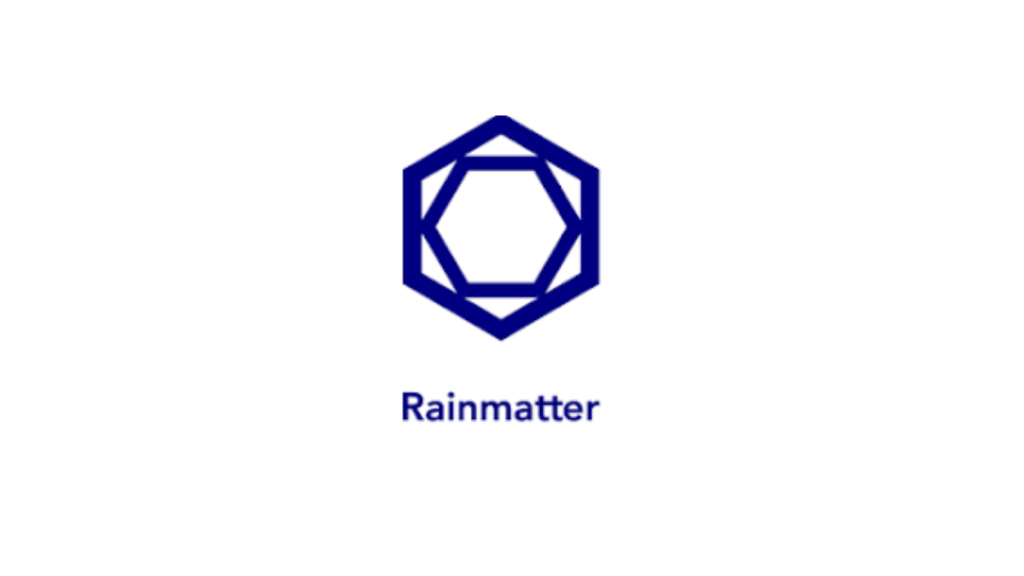Rainmatter, the startup investment arm of stock-broking major Zerodha, plans to register as an alternative investment fund soon with the Securities and Exchange Board of India (Sebi), said Dinesh Pai who leads the investments. However, the formalisation is not aimed at getting external investors to participate in the fund, he added.
“Formalising Rainmatter’s structure as an AIF will make it easier for us to consolidate all our investments in one place and that will ensure structured processes for all investments and make the accounting straightforward under a custodian,” Pai told FE in an interaction.
The arm has so far invested about Rs 450 crore in the last eight years across 85-90 startups. Largely defined as “patient capital with no exit mandates”, Rainmatter aims to back startups in three sectors – fintech, health and wellness and climate-tech – and remain invested for the long run. On an average, the arm invests Rs 5-10 crore in a startup from Zerodha’s balance sheet.
“Unlike a VC fund, we don’t take board seats and have very few touch points with our startups, and a hands-off approach in terms of operations. The idea is to help them whenever they want some help from us. But that PE/VC mindset of operating these companies just to eventually exit in five years, we’re not doing that because the idea is to invest and then never exit,” Pai said.
Rainmatter has invested in startups such as Cred, Ditto Insurance, managed healthacre plans provider Even, GoldenPi and Wintwealth – online marketplaces to invest in debt securities, investment platfrom smallcase, fitness startup Fittr, eldercare firm Emoha, mental-health startup Lissun, and healthy snacks brand The Whlole Truth, among others.
Last year, Zerodha CEO Nithin Kamath had earmarked Rs 1,000 crore from the company’s balance sheet to be invested in startups through Rainmatter over the next few years. So far, the company has invested in 33 fintechs, 18 startups in health and wellness space and 21 startups in the climate sector that includes companies such as dairy brand Akshaykalpa and Zerocircle, which uses seaweed to create bio-alternatives to daily-use products.
“For India to do well economically over the next 10-15 years, I think we need more startups to create value,” said Pai. He added that the startup ecosystem needs more domestic capital to avoid any drastic collapse in funding, much like what happened over the last two years, following a funding boom in 2021-22, when a large amount of foreign capital had driven valuations to new highs.

